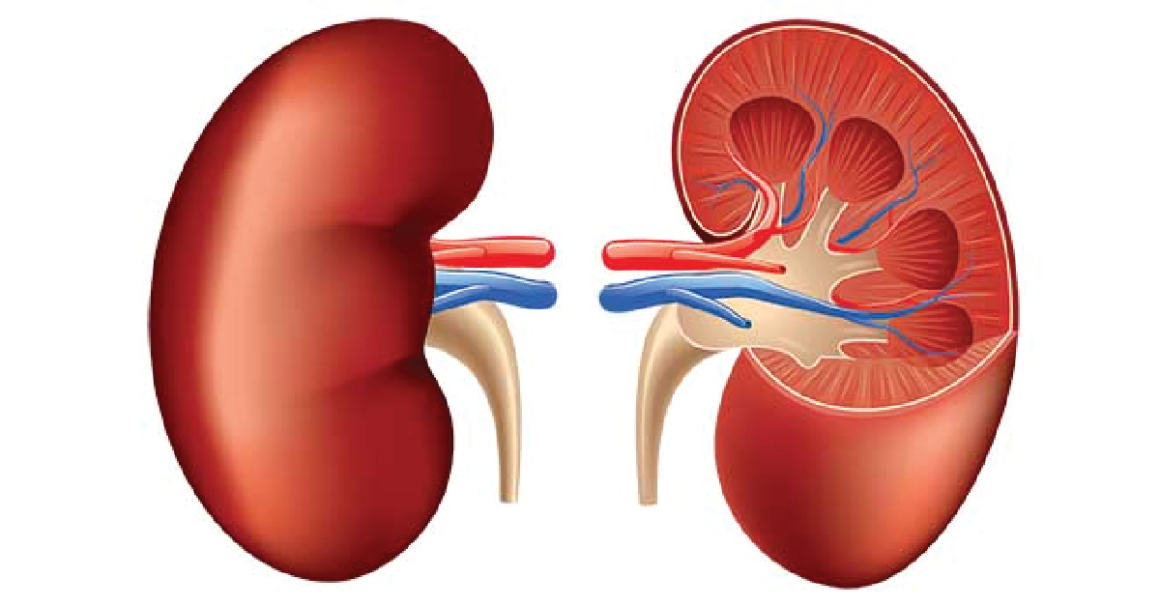March 13 is World Kidney Day. The 2025 campaign theme is, “Are your kidneys okay? Detect early, protect kidney health”.
Kidneys play a silent yet vital role of keeping us healthy. The main job of our kidneys is to remove toxins from the blood and return the cleaned blood back to the body.
Kidneys constantly filter blood, remove excess fluids and acids, and balance water, salt and minerals.
Kidneys also help to control our blood pressure, produce red blood cells as well as keep your bones healthy and strong.
Our current lifestyle patterns such as consuming unhealthy diets (High salt diets, high fat meals, processed foods and drinks, sugary beverages), lack of exercise, tobacco smoking, excessive alcohol intake, inappropriate use of pain-killers, inadequate fluid intake, can all cause damage to the kidneys over time.
Symptoms of damaged kidneys
A damaged kidney cannot function optimally, leading to accumulation of waste products and fluid in the body. This can lead to symptoms such as:
- Swelling in the ankles
- Nausea
- Weaknesses
- Poor sleep
- Shortness of breath
If left untreated, the damage to the kidneys can worsen, potentially leading to kidney failure, which can be life-threatening
Best practices for Healthy Kidneys
Exercise regularly: Keep fit, be active This can help to reduce your blood pressure and maintain kidney health.
Eat a healthy diet: Consume a balanced diet with plenty of fruits, vegetables, whole grains and lean proteins. Reduce your salt intake. The recommended is 5 grams (about 1 teaspoon) of salt per day, avoid consuming raw salt.
Regularly check and control your blood sugar and blood pressure: Most people who have diabetes or high blood pressure do not know they have these conditions. Diabetes and high blood pressure can damage your kidneys. Regular check-ups can help catch these conditions early.
Take appropriate fluid intake: The recommended amount is approximately 2 liters of water daily
Smoking and alcohol: Don’t smoke and limit alcohol consumption
Over-the-counter medication: Don’t take over-the-counter anti-inflammatory/pain-killer pills regularly
By UAP OldMutual








